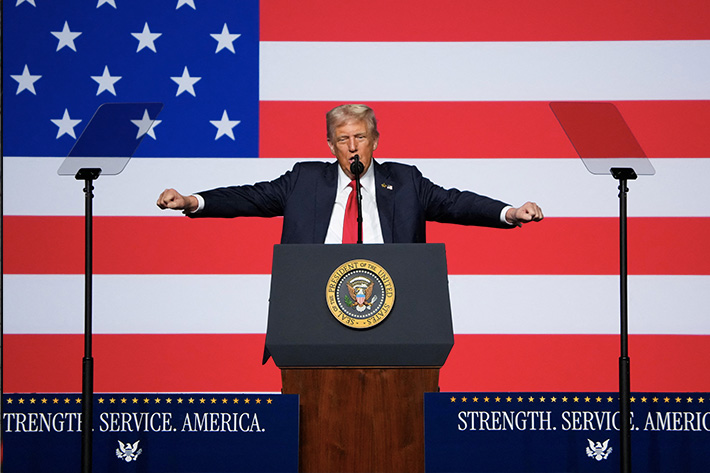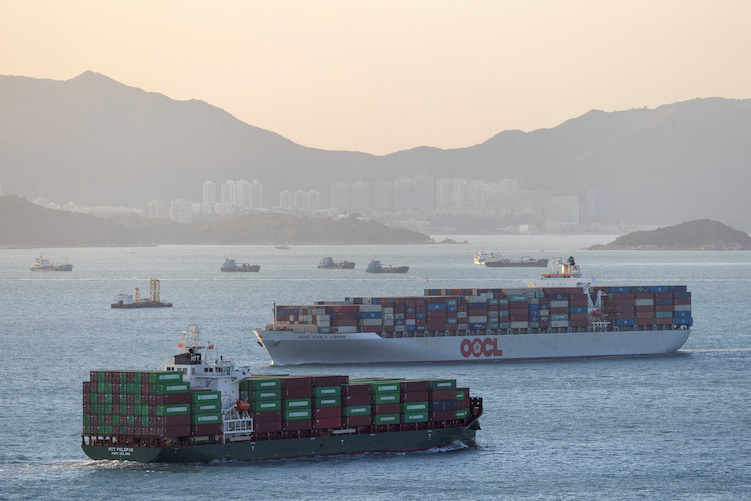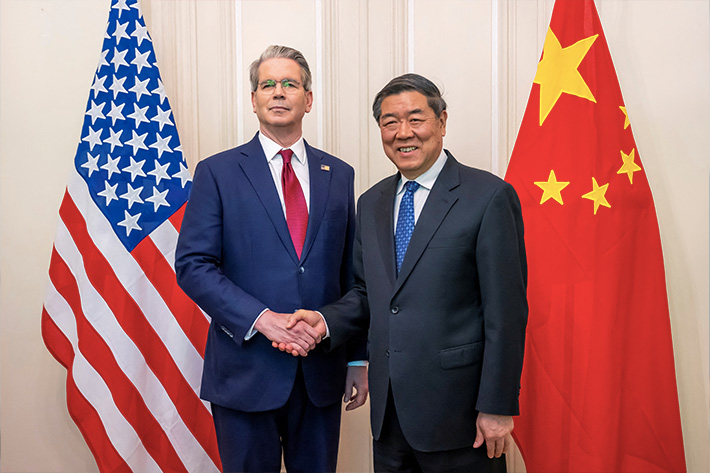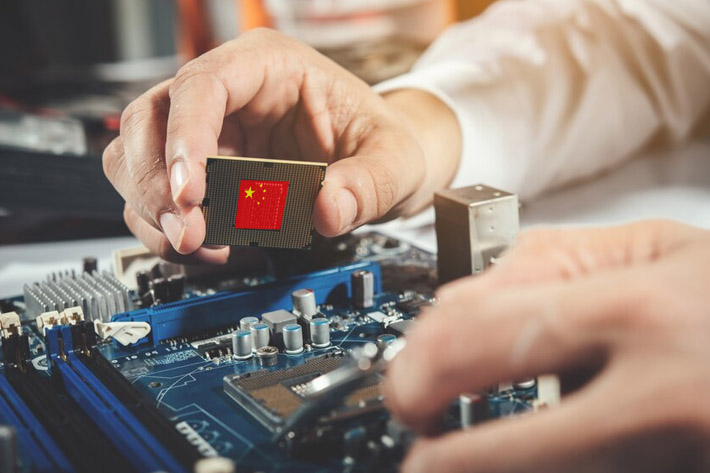Latest News: Real Estate
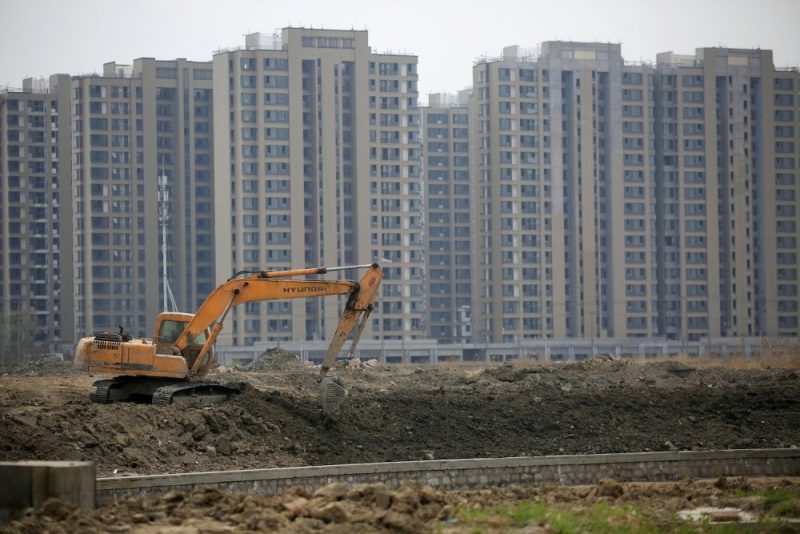
With Evergrande reeling under a $305 billion debt pile, it has emerged others are also staring into the financial abyss – with Sunshine 100 China Holdings, China Oceanwide Holdings and China Fortune Land Development all defaulting on payments this year
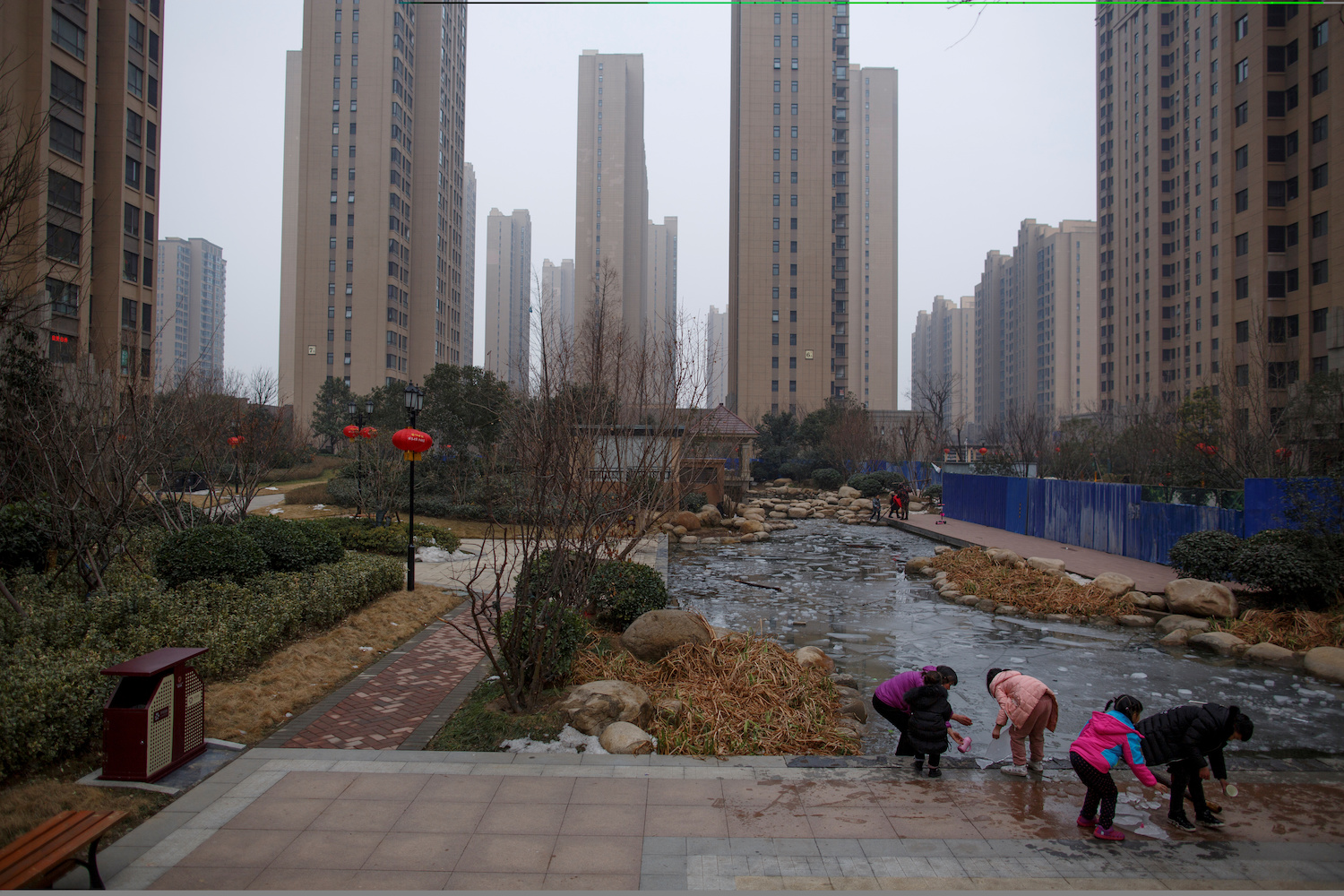
Many of China's biggest property firms, including the country's second largest, China Evergrande, have seen their bonds plunge amid worries they face collapse
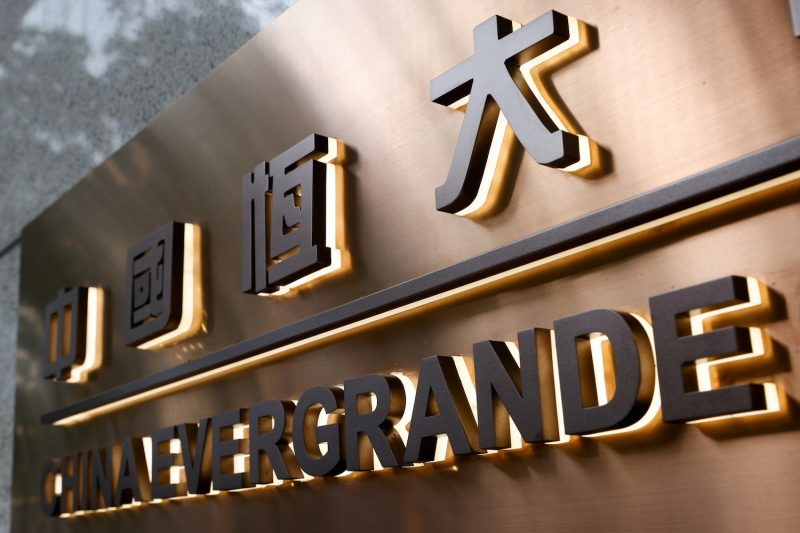
Hopson Development looks set to buy a 51% stake in the troubled group's property management unit. Trading in both companies was suspended on Monday pending further news.
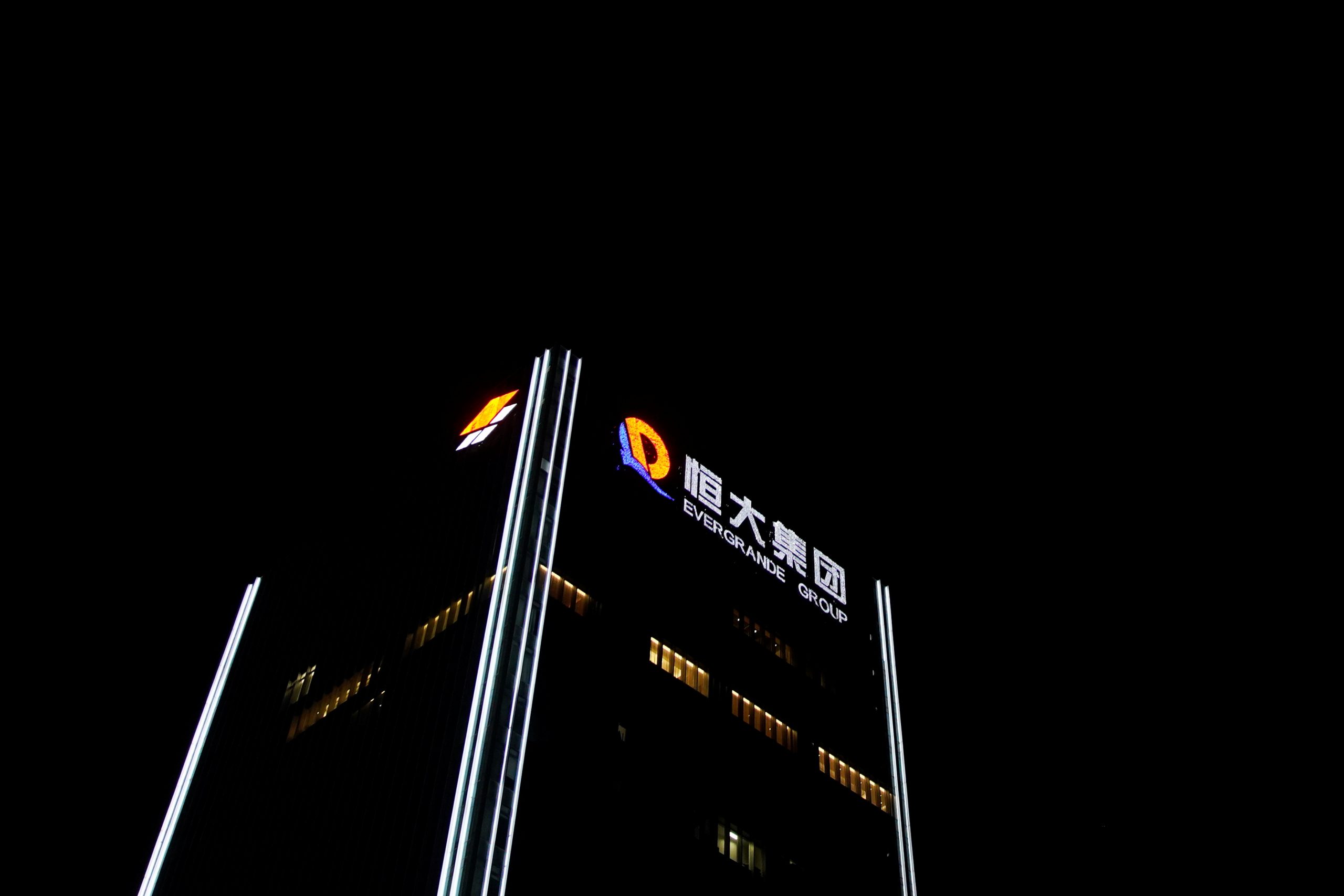
With liabilities equal to 2 per cent of China's GDP, Evergrande has sparked concerns its woes could spread through the financial system and reverberate around the world.
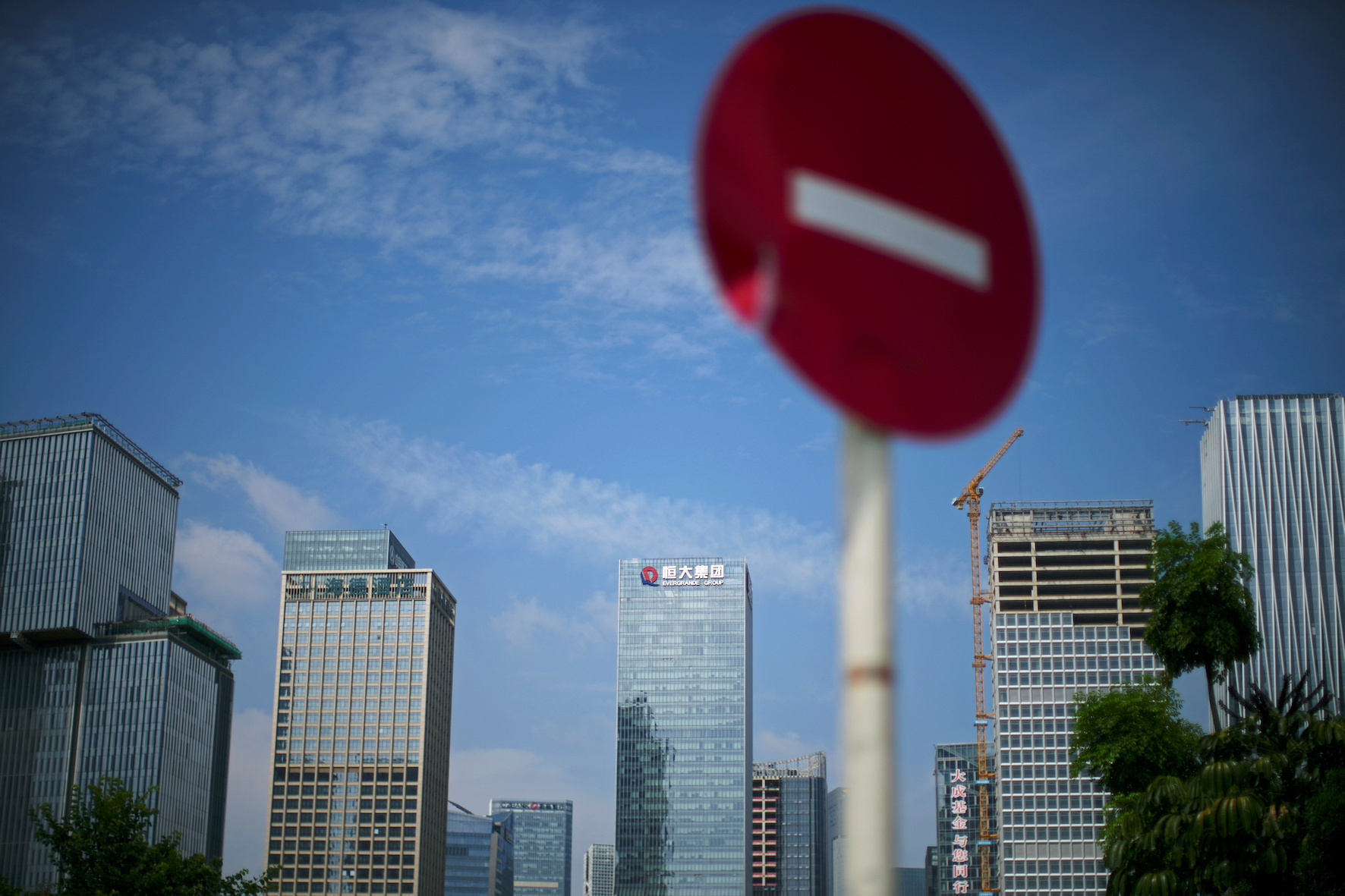
Fitch downgrades the troubled property giant as another payment deadline is closely watched by investors as the developer's next big test.
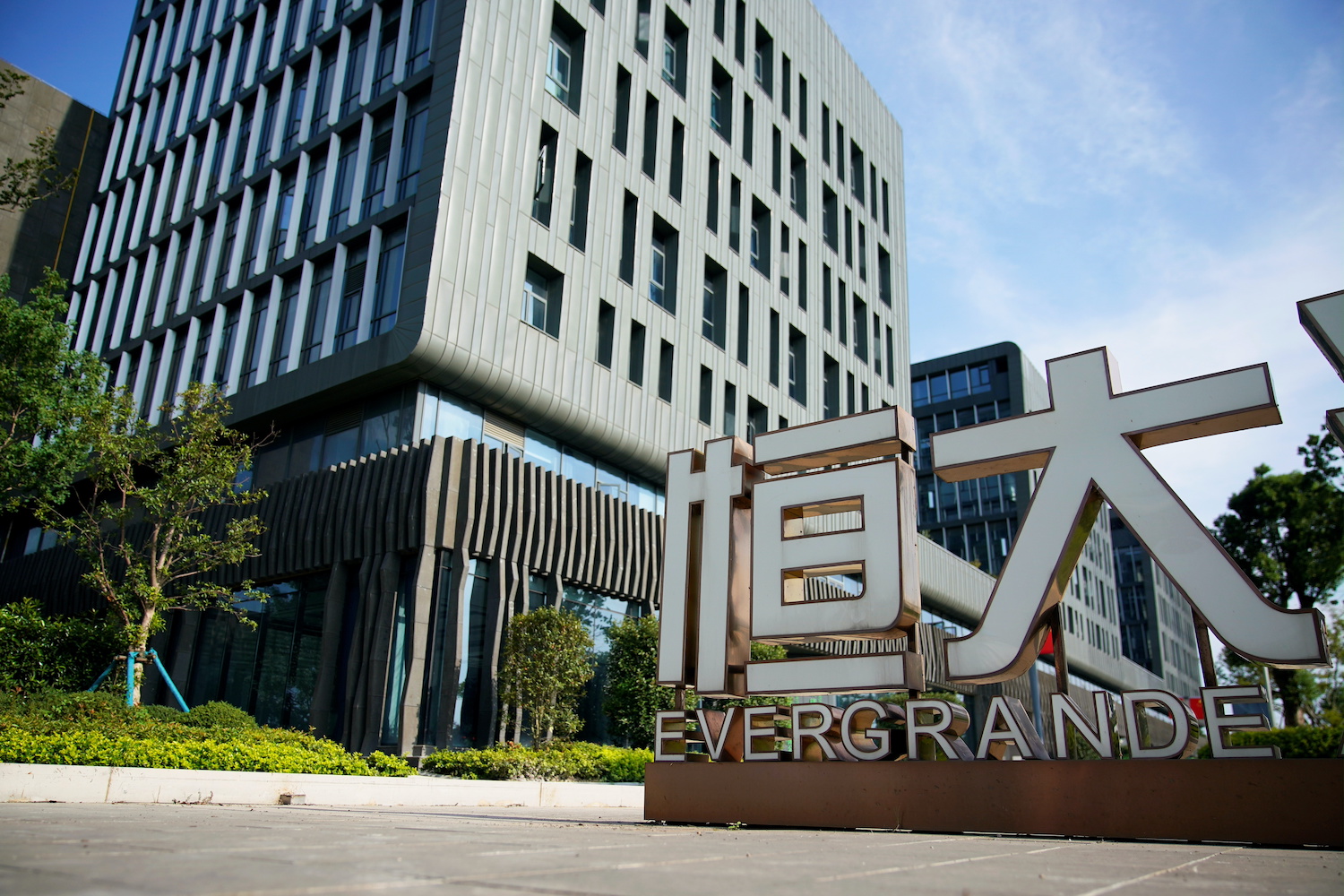
Local governments have set up special accounts in the Pearl River Delta and four other provinces to 'protect' funds for the most unfinished housing projects
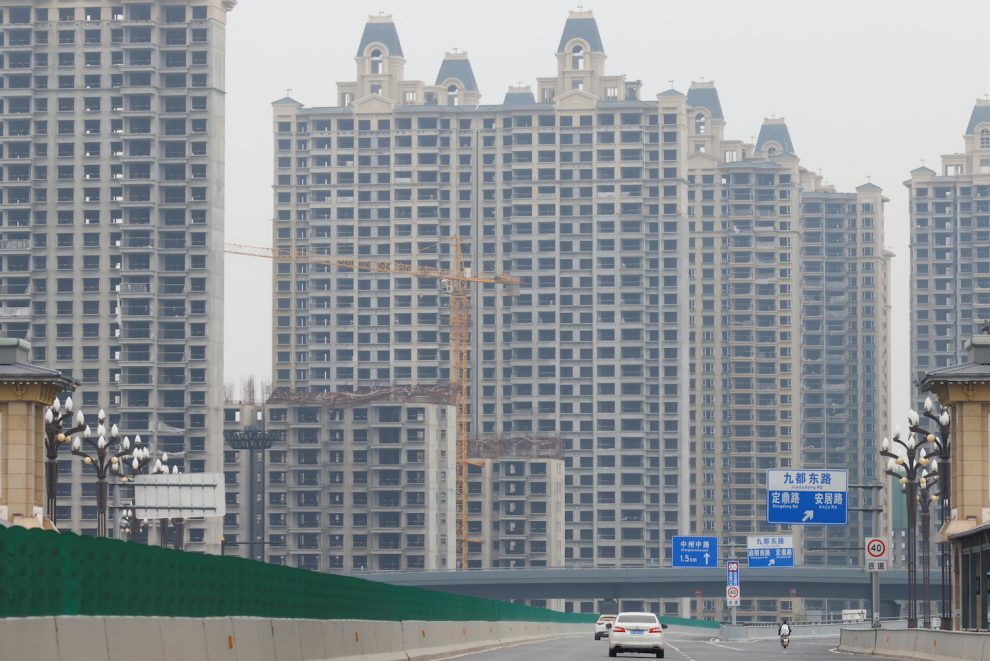
While contagion fears from a possible Evergrande collapse are spooking investors, some analysts say it's the decelerating property sector that's the biggest cause for concern.
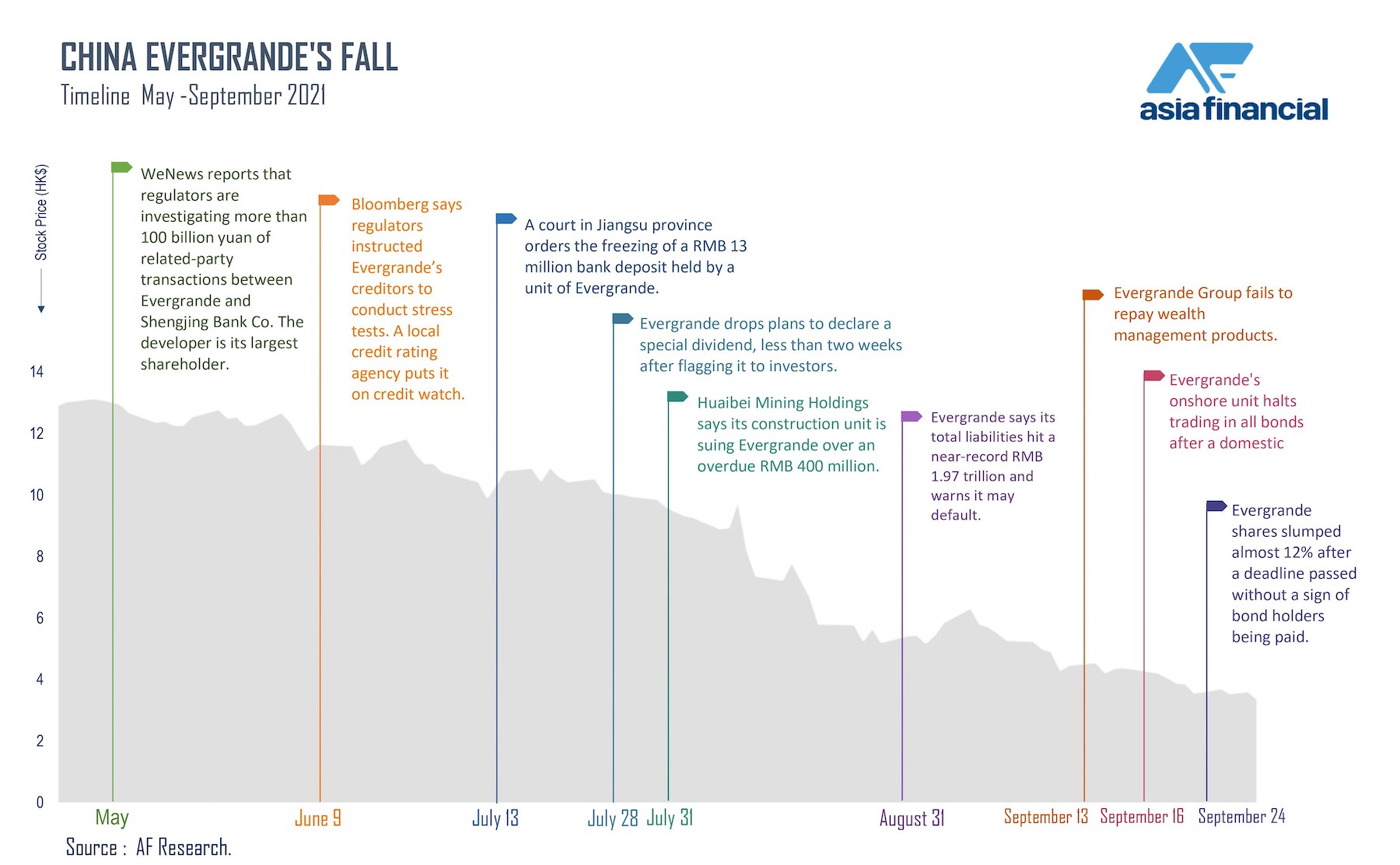
A step-by-step look at how Evergrande's problems have snowballed up to pivotal week when bond interest payment was due
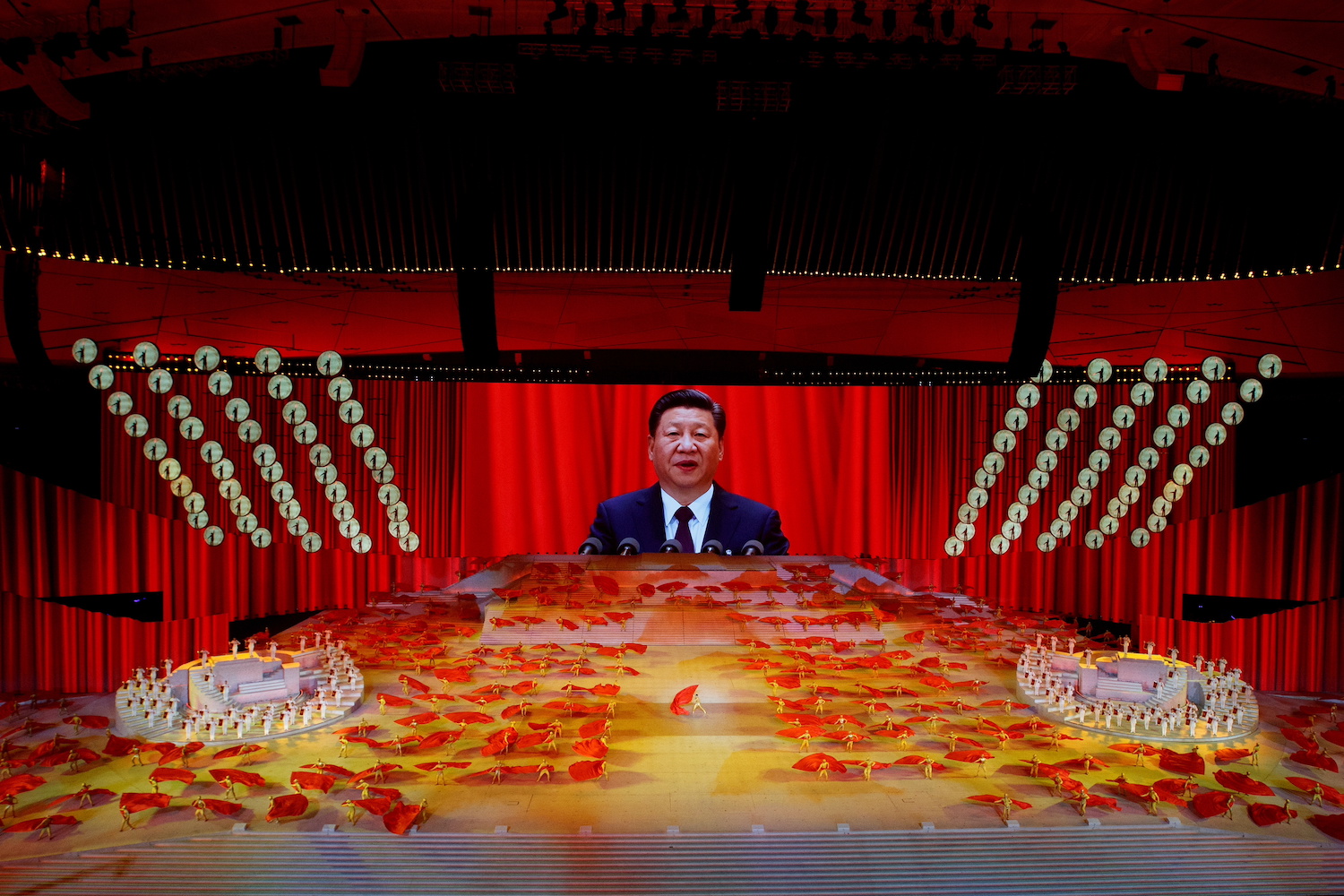
Chinese leader walks a tightrope between calming markets without provoking public anger. All this, a year before he’s set to be reaffirmed as chief for an unprecedented third time
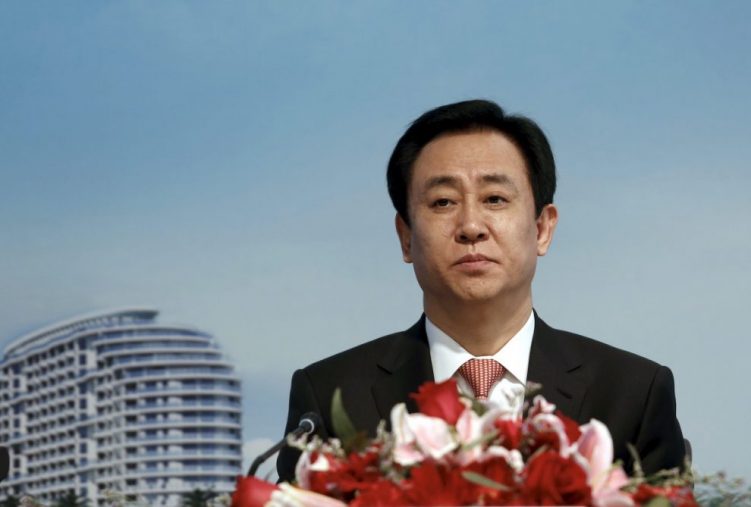
Officials in China familiar with discussions about the beleaguered property giant Evergrande say Beijing is reluctant to bail out...
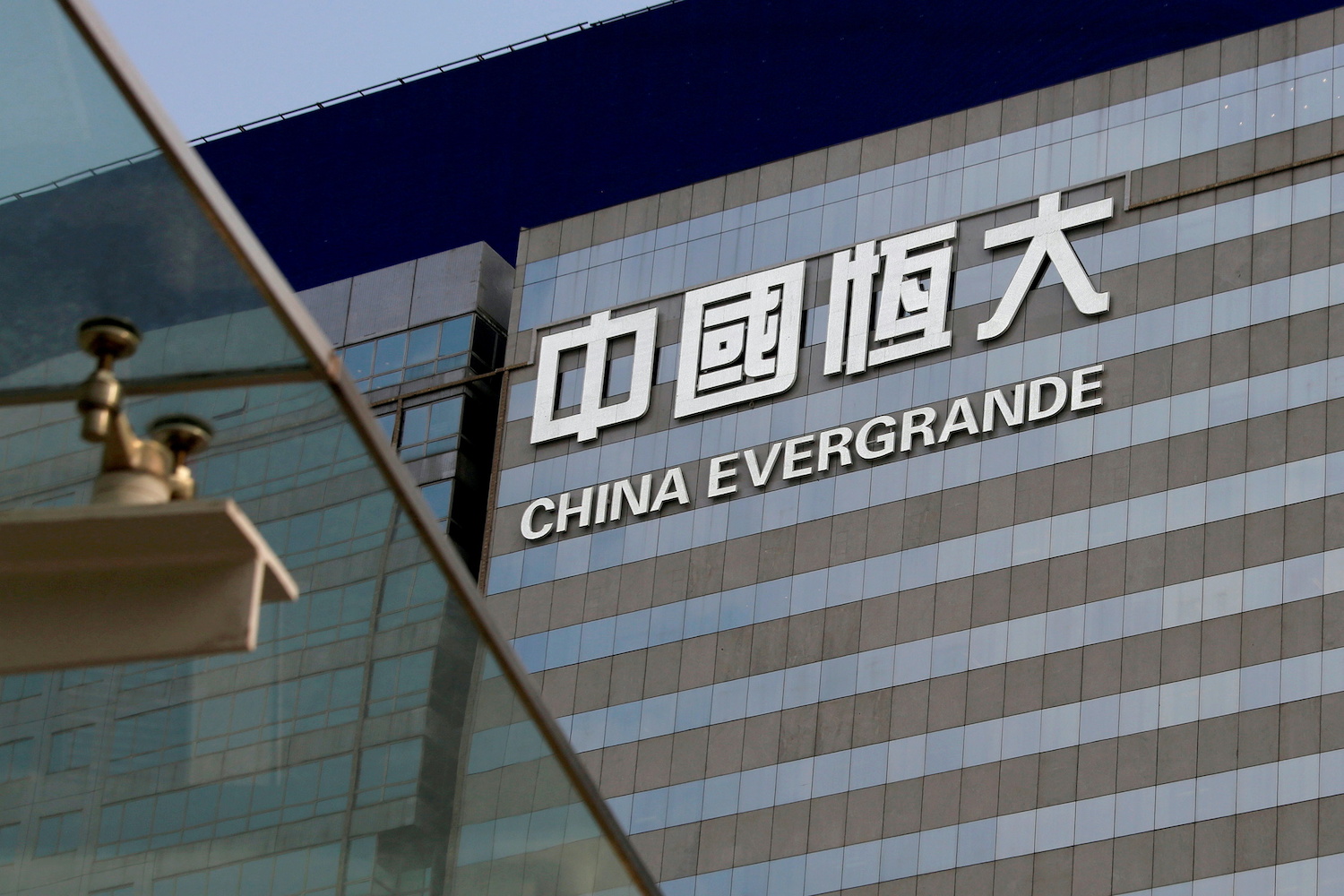
(AF) Star hedge-fund manager Jim Chanos believes the China Evergrande crisis could have a bigger impact on Chinese investors...

Concerns about the spillover risks of a messy collapse have led to speculation the state may support the group and 'buy time' till it can sell its subsidiaries off, before a buy-up of projects or stakes in the core unit
AF China Bond
- Popular



